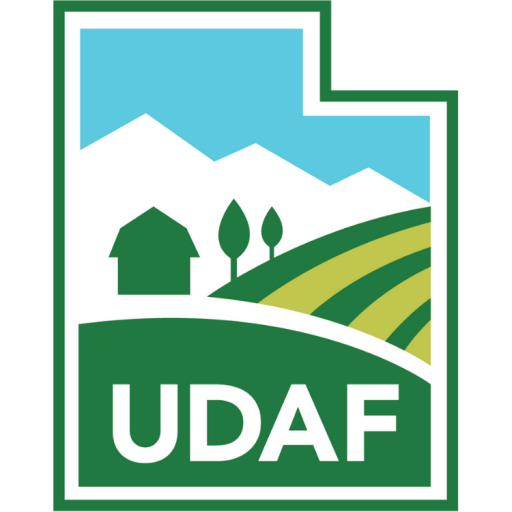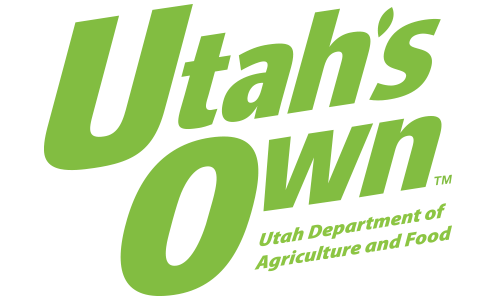Program Manager: Coreen Cogswell (801) 699-2055, ccogswell@utah.gov
The Manufactured Food Regulatory Program regulates products that are manufactured and/or distributed on a large scale, sold to other businesses, or sold or shipped to other states or countries. Examples of manufactured food establishments include: food processors, distribution warehouses, dietary supplement manufacturers, and storage facilities. Food establishments that are engaged in these types of operations may also fall under the jurisdiction of the U.S. Food and Drug Administration. Food establishments that are primarily prepared and/or sold directly to individual consumers fall under the Retail Food Regulatory Program. Food establishments that are primarily engaged in food service operations for immediate consumption fall under the jurisdiction of their local health department.
Starting a Manufactured Food Establishment Businesses:
All prospective, converted, or remodeled food establishments must complete and submit a plan review application at least thirty (30) calendar days prior to operating. After the plans have been reviewed and approved, a pre-operational inspection is to be conducted at the conclusion of the construction process to ensure that the food establishment has been built in accordance with the approved plans and specifications. An application for food establishment registration will be completed during the pre-operational inspection. Note: All relevant plan review and registration fees must be paid before a food establishment registration is issued. Additional requirements may apply to specific businesses, products, or processes. When required, the owner or operator is responsible for submitting all Process Authority documentation, Hazard Analysis and Critical Control Point (HACCP) plans, and written standard operating procedures, or requesting specialized process approval before engaging in a specialized processing and/or packaging method.
Inspection Protocol:
Inspection frequencies are assigned and prioritized based on the level of risk associated with the food establishment. The type of food processing, volume of product, target population, and compliance history are all considerations used to assign risk categories. Unannounced risk-based routine inspections are conducted to ensure compliance with current food safety rules and regulations. It is the policy of the Utah Department of Agriculture and Food to obtain voluntary compliance regarding inspection violations. The failure to implement appropriate corrective action in a timely manner, requiring more than one follow-up inspection in order to achieve compliance, authorizes the Utah Department of Agriculture and Food to impose a follow-up inspection fee of $200.00 per occurrence. Failure to promptly correct violations may be punishable by the suspension of your registration, criminally as a Class B misdemeanor, by citation of up to $500.00, and/or civilly by fines of up to $5,000.00 per occurrence.
Additional Information and Documents:





